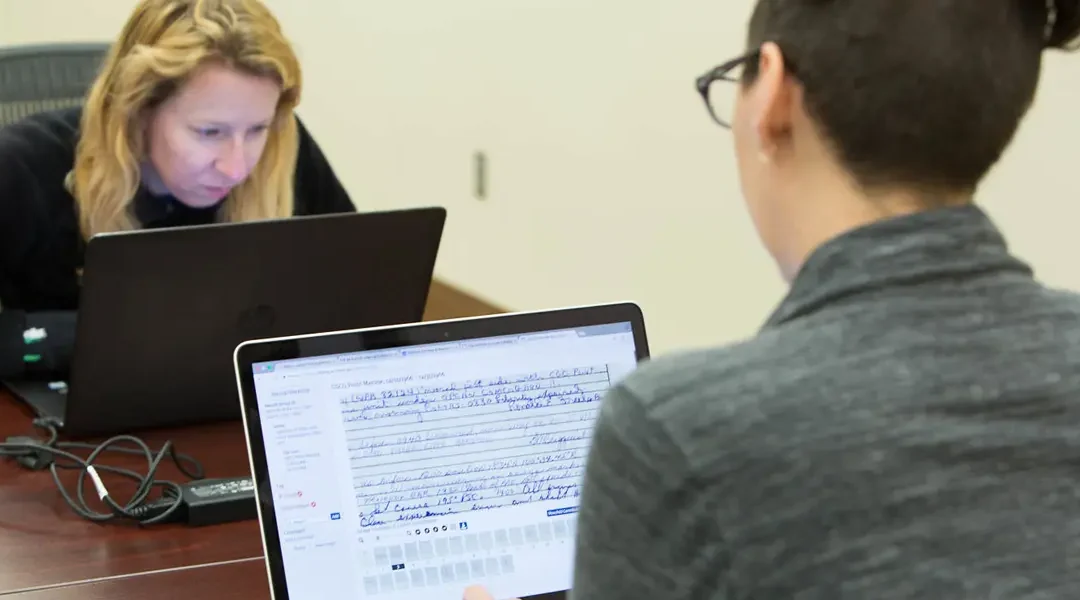
Collaborative Archival Relationships
Collaborative projects are instrumental in showcasing how archival collections can benefit various organizational departments.

Collaborative projects are instrumental in showcasing how archival collections can benefit various organizational departments.

Archives provide authentic, reliable information and hold values that reflect their functions and uses; informational, evidential, and intrinsic.
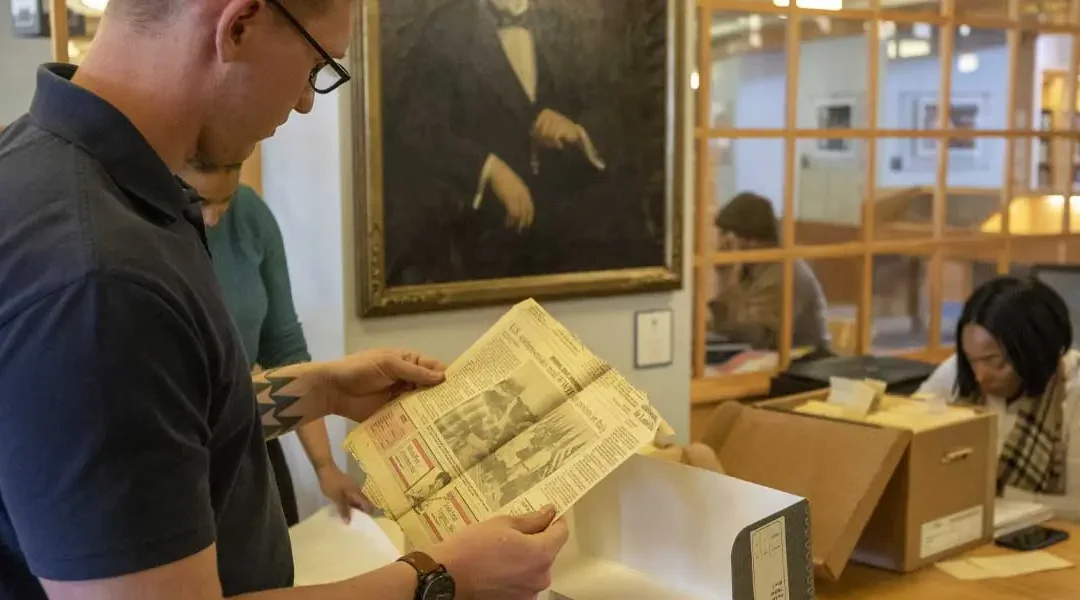
Archivists prioritize sustainable practices and policies, rooting their work in ethics of care, often preferring digital processing and preservation
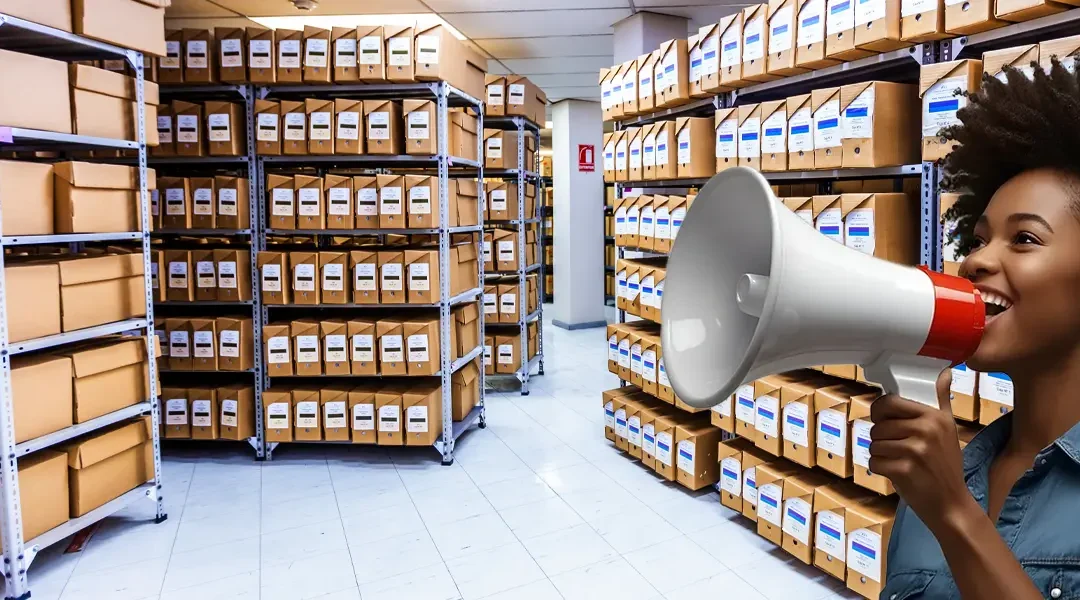
Archivists who adopt branding and PR strategies both safeguard historical treasures and contribute to their organizations’ evolution.
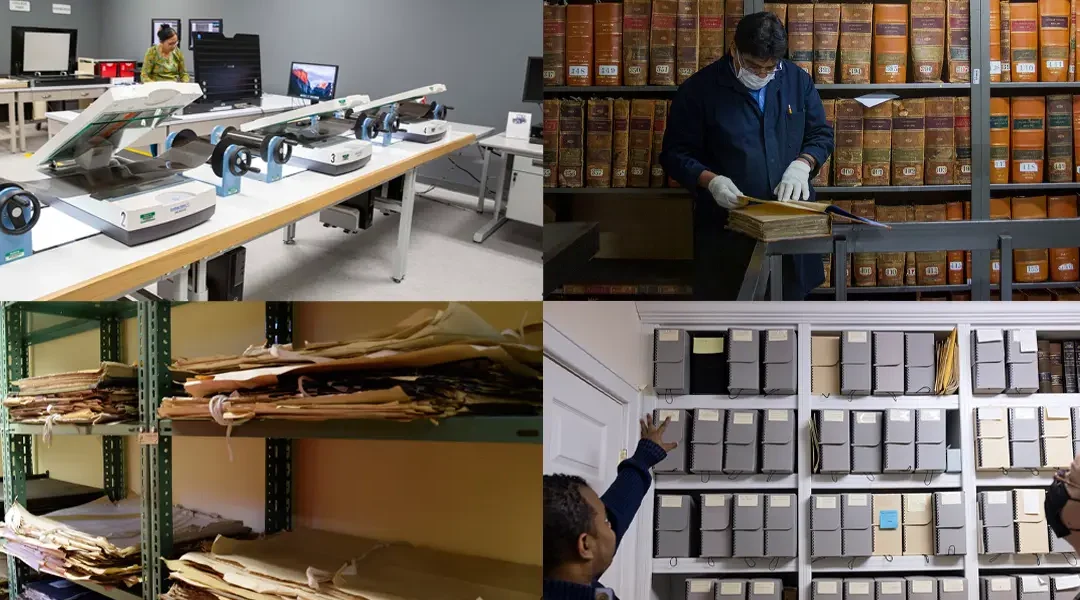
Archivists can shape their brand through the four Vs: vision, voice, visibility, and vigilance.

Archivists communicate a departmental identity that positions them as strategic partners by establishing a clear archival brand.

Archivists who embrace marketing techniques amplify their impact on their colleagues and the communities they serve.
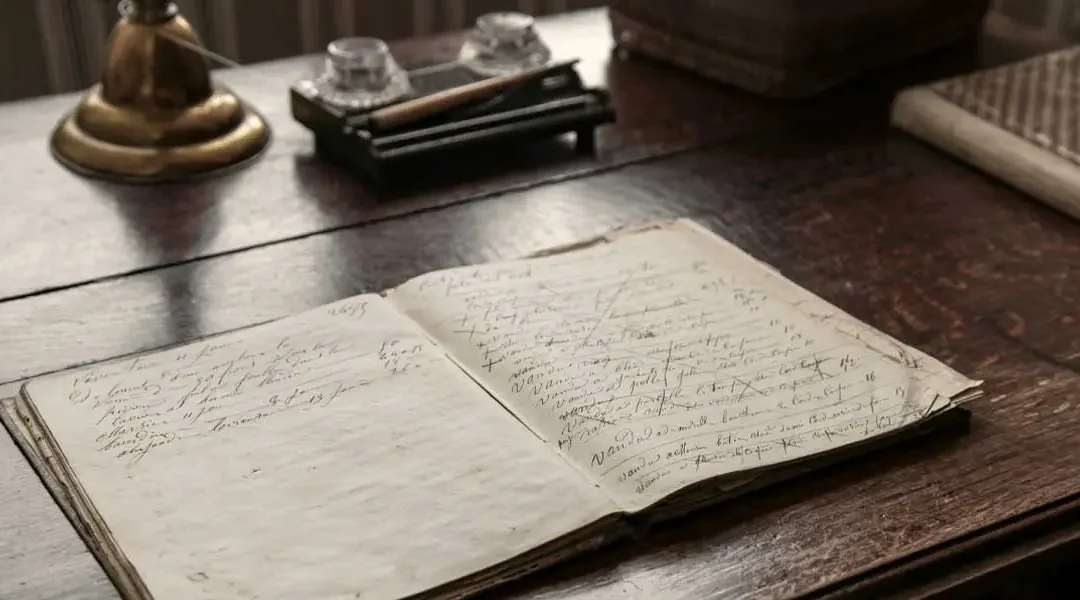
Archivists create connections that transcend time by harnessing the emotive impact of narratives.

Book by archives expert Margot Note on navigating ‘inreach’ and becoming indispensable to influential archives users and decision-makers

Content creation is a cornerstone of marketing strategy, and archivists are leveraging this approach to showcase their organization’s rich history.
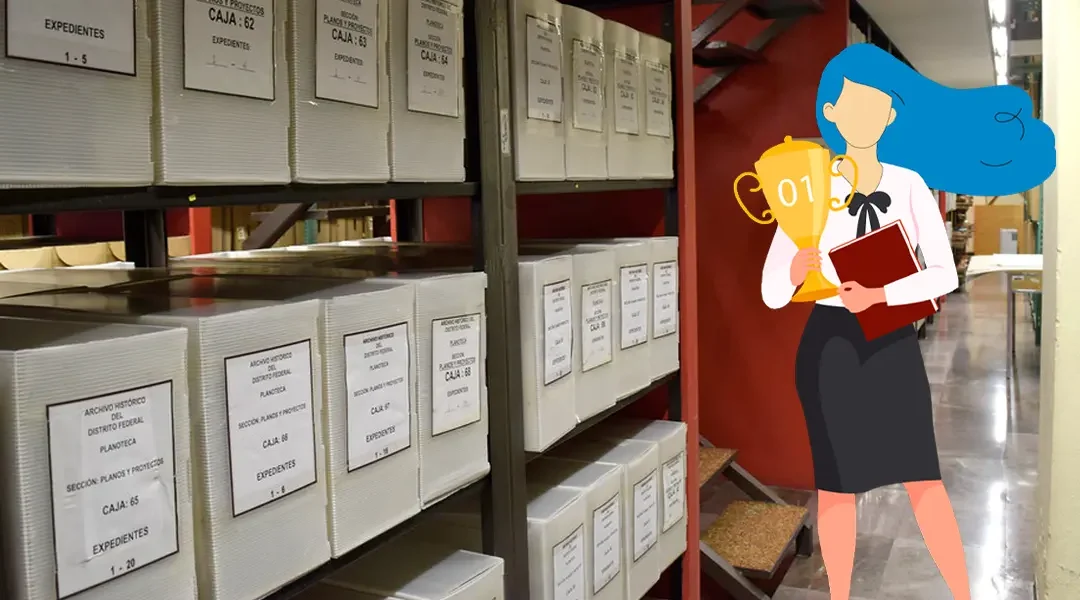
Archivists are the champions of social responsibility, dedicated to preserving the memory of individuals and communities for the greater public good.
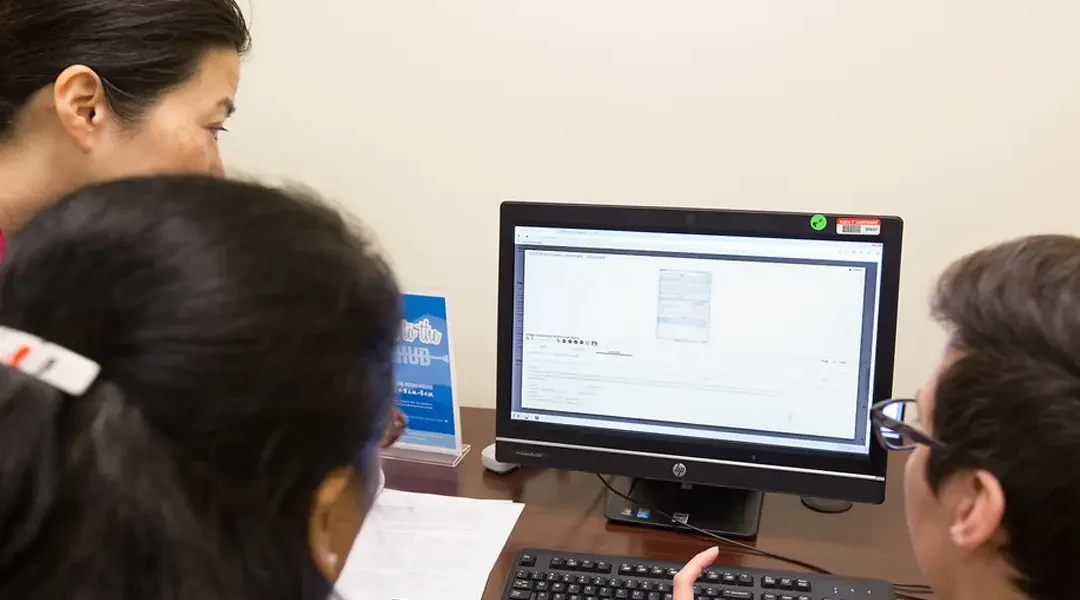
Service in archival practice is founded on accessibility, inclusivity, and a commitment to connecting people with the past.
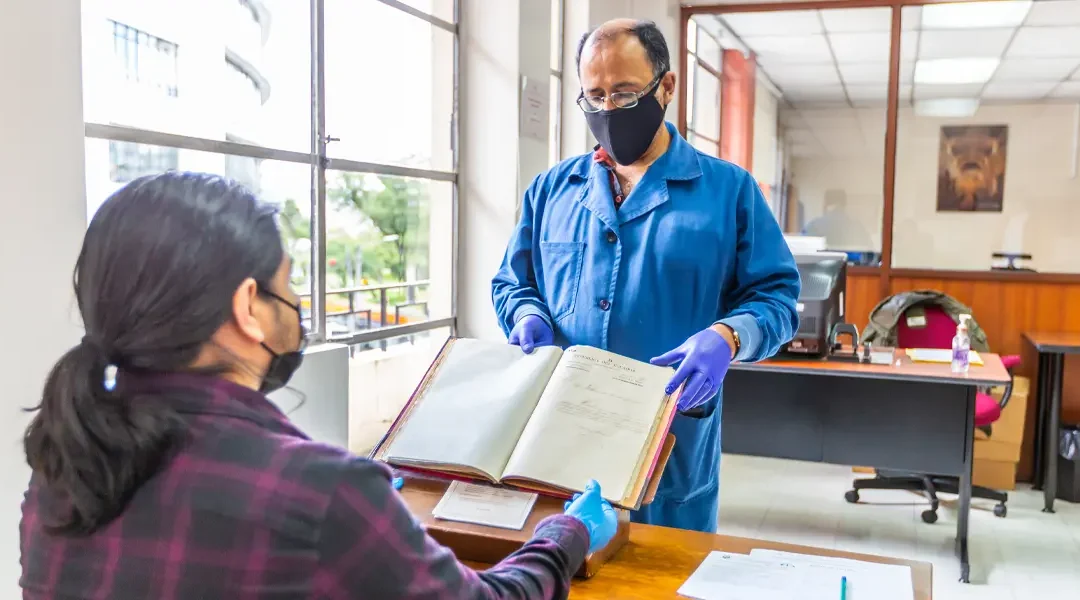
Archivists extend their expertise beyond traditional reference services by aiding and training users, as champions of exceptional customer service.
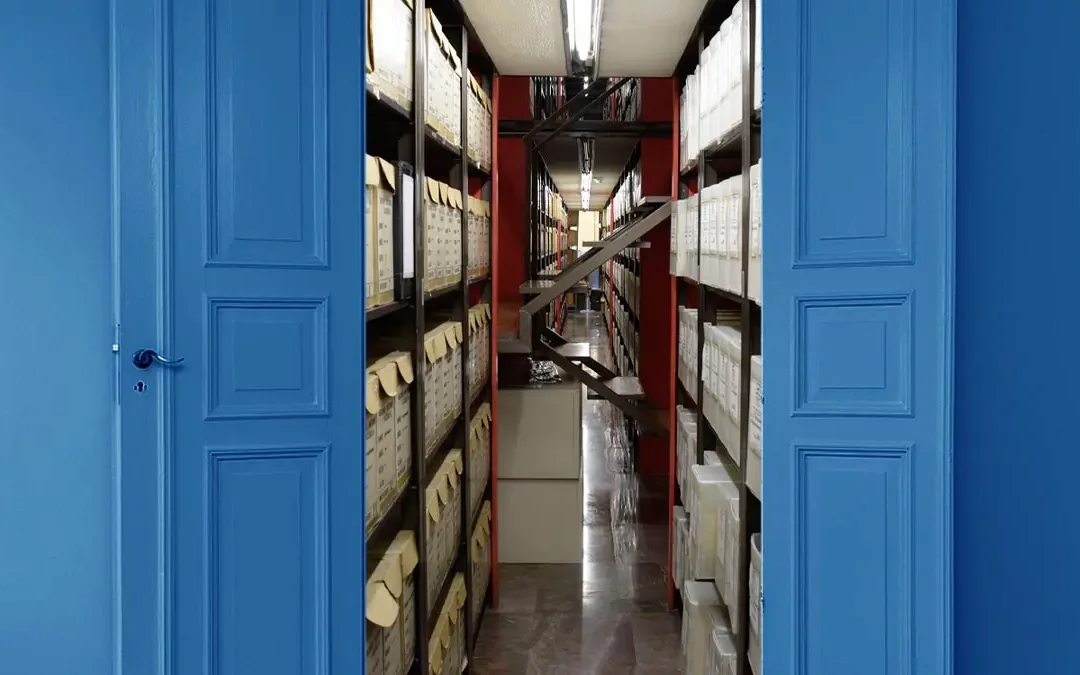
The shift in archival processing from a rigid structure to a more flexible, access-oriented approach is crucial in meeting the dynamic needs of users.
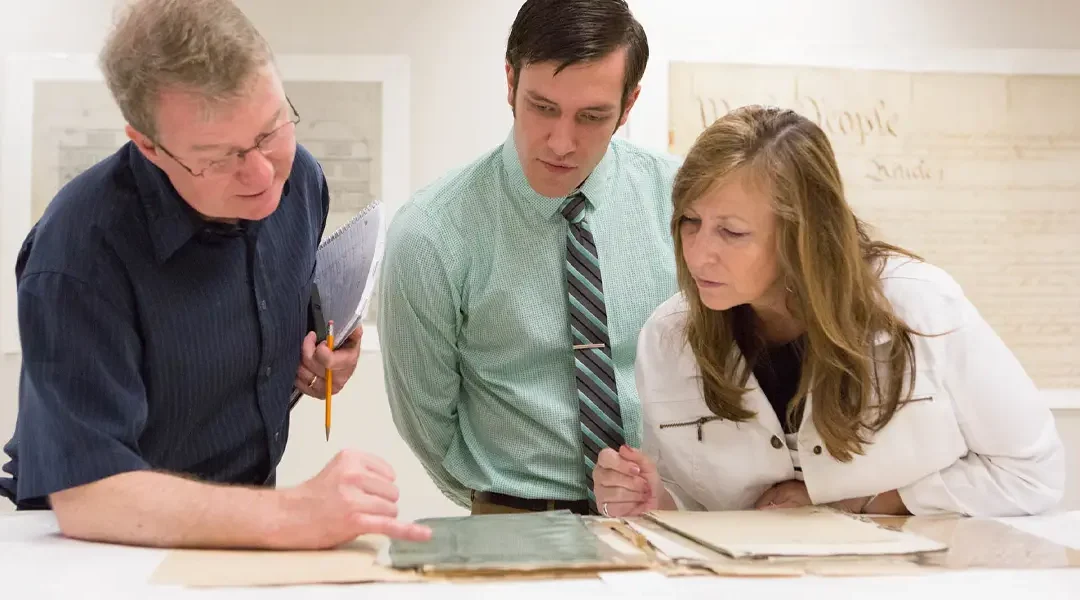
Archivists can enhance collaboration through user-centric approaches and efficient processing methods based on customer service principles.
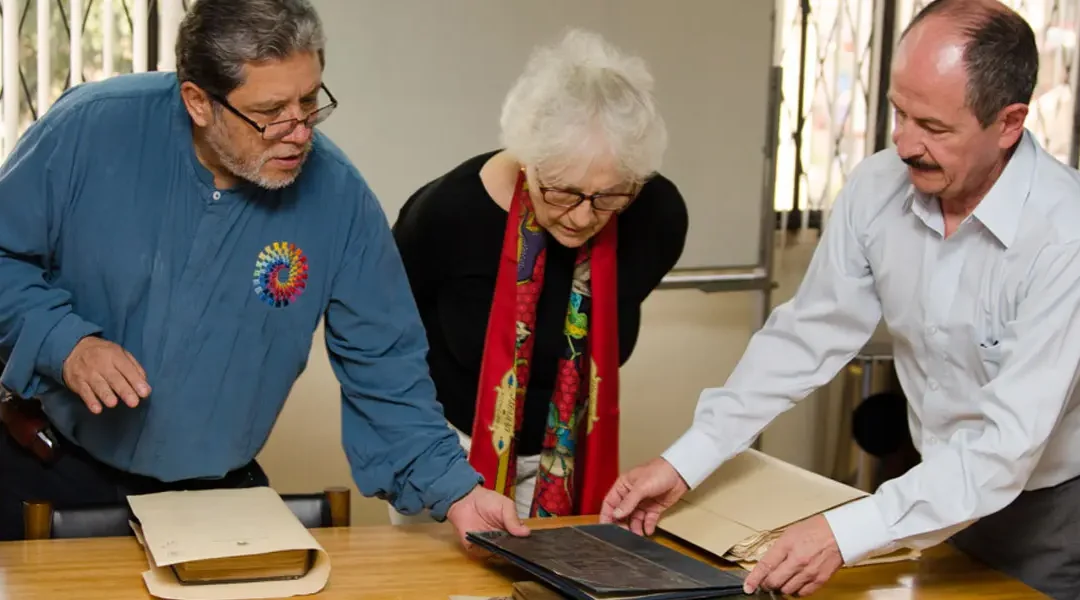
The archival selection process is far from straightforward, given the limitations of long-term preservation and ongoing accessibility challenges.
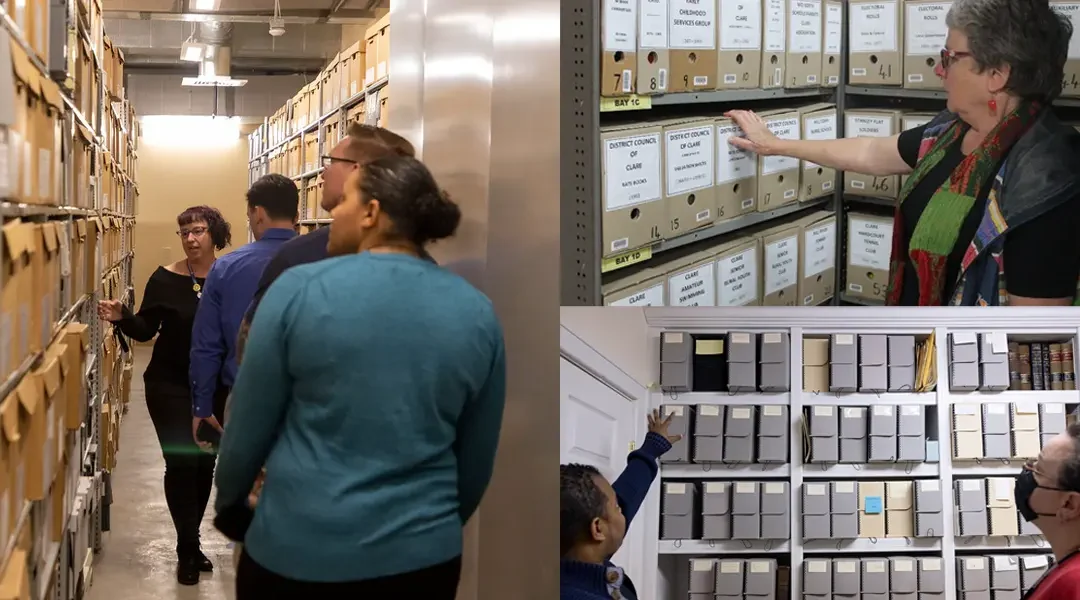
Responsible stewardship is a philosophy that guides the actions and decisions of archivists in safeguarding collective memory.
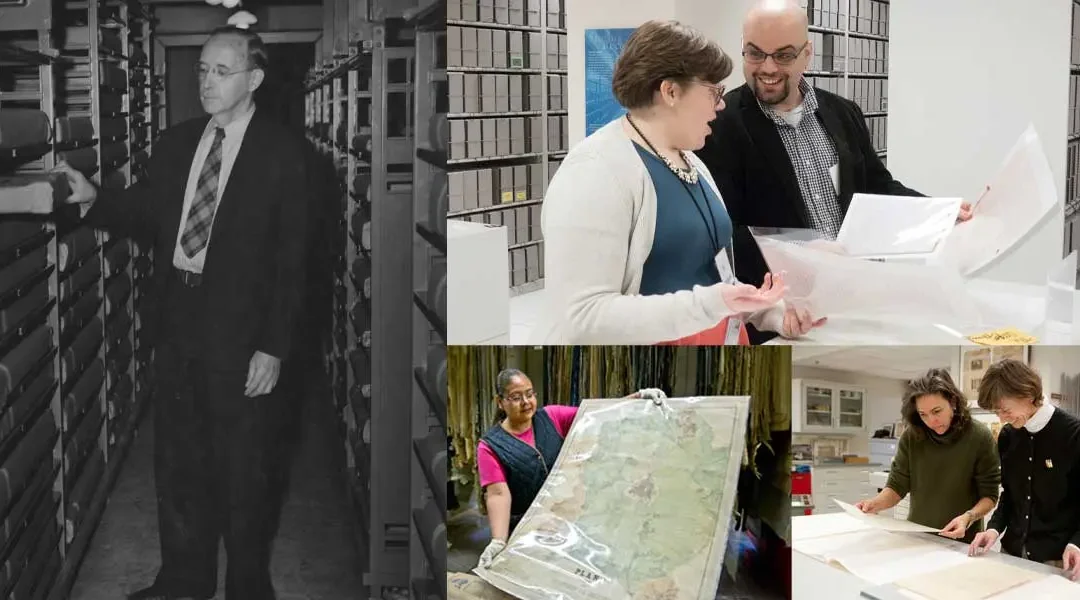
Archival preservation bridges the past and future, allowing the voices and stories of bygone eras to resonate with contemporary and future audiences.
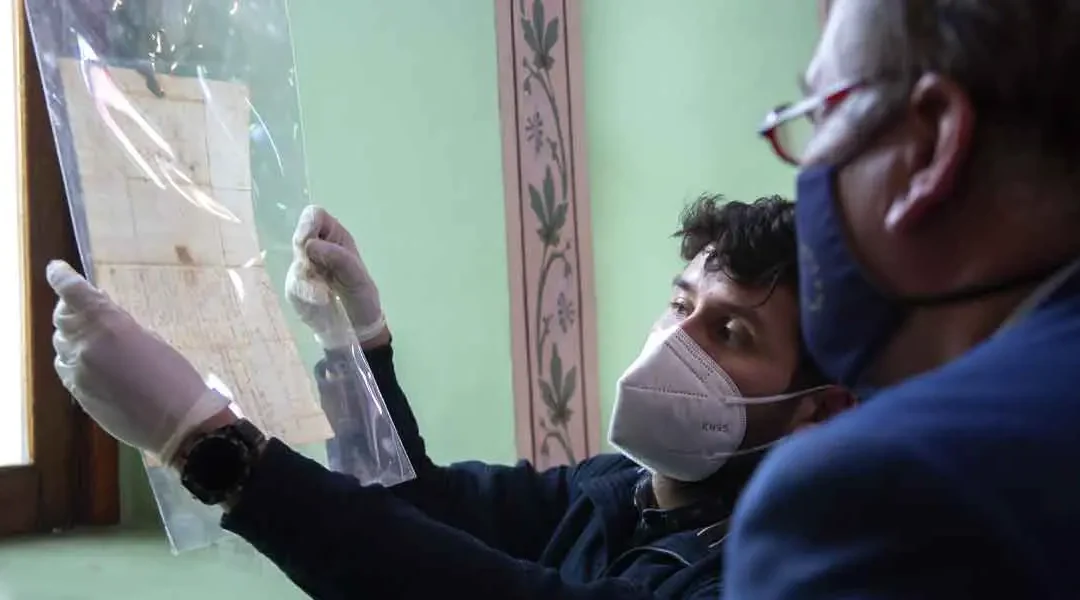
Relationship-building for archivists emphasizes collaborative partnerships, overcoming challenges, and shaping the organization’s present and future.
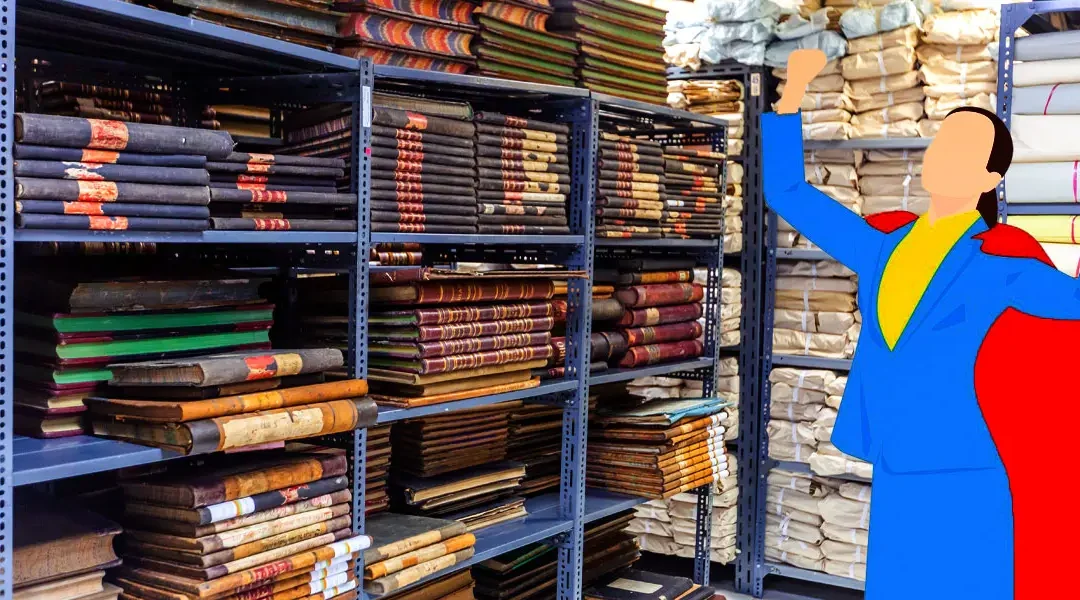
A strategic approach enables archivists to prioritize building relationships with decision-makers who hold the keys to resources.
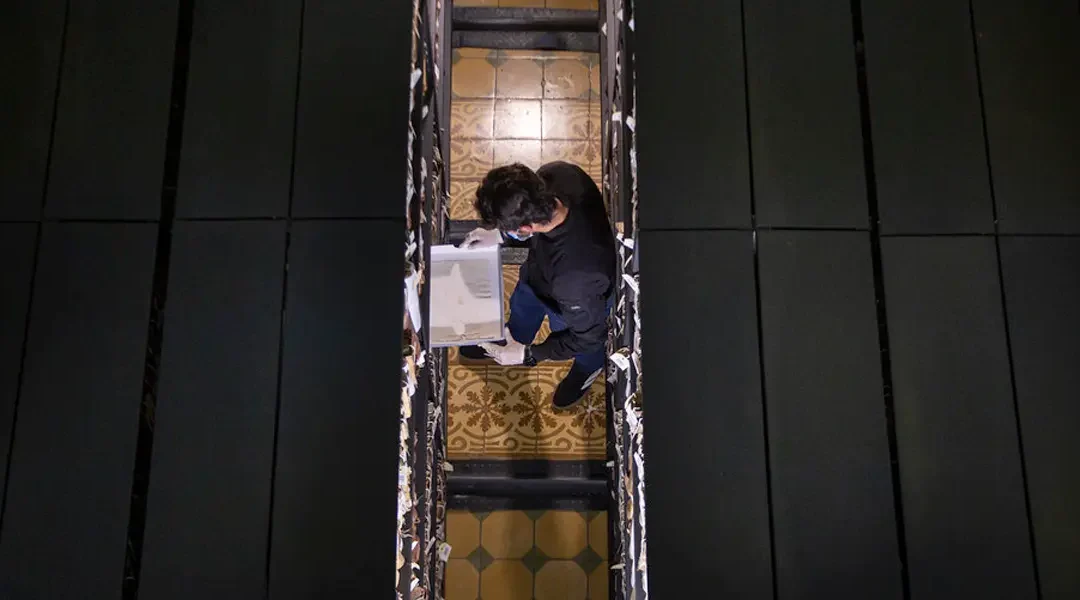
Archivists ensure their expertise receives due acknowledgment and advocacy by relationship-building within their organizational framework.
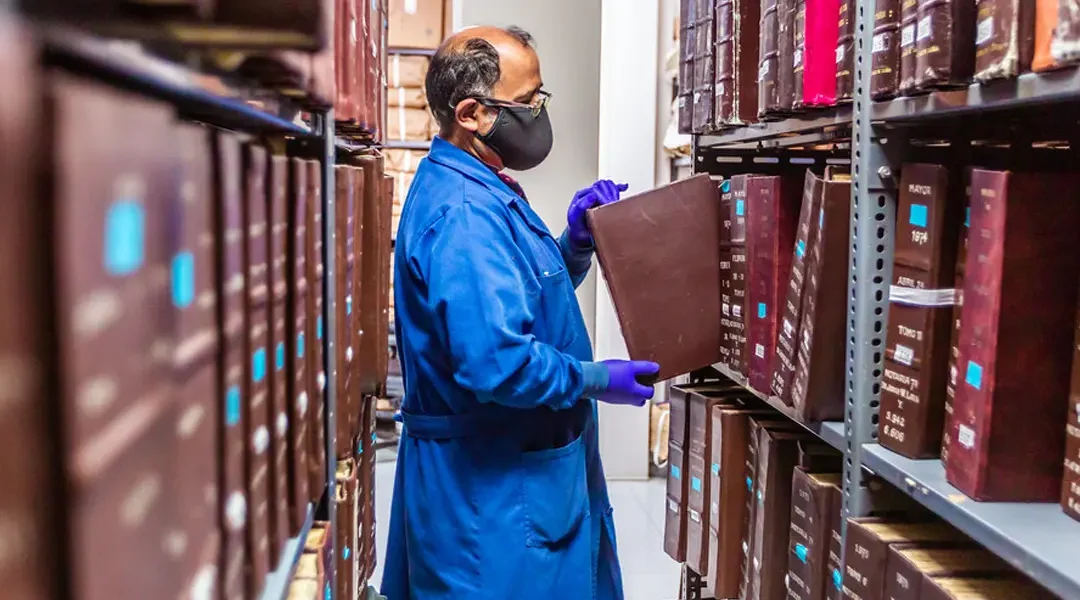
Archivists play a pivotal role in shaping organizational culture cannot; they go beyond record-keeping to become agents of cultural change.
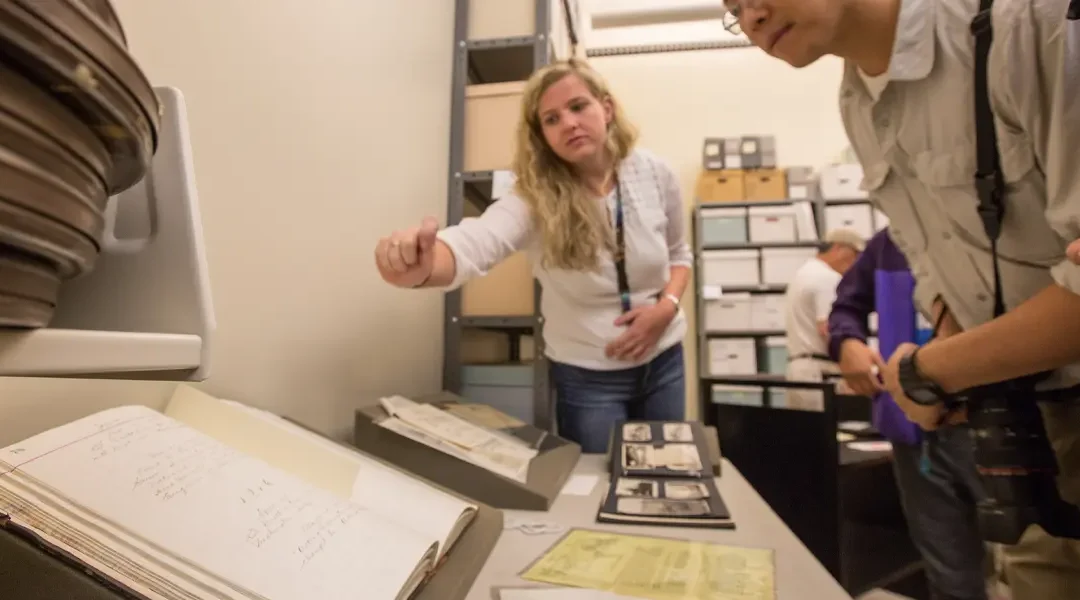
Results-driven advocacy, budget-conscious requests, and comprehensive agendas help archivists contribute to an institution’s success.
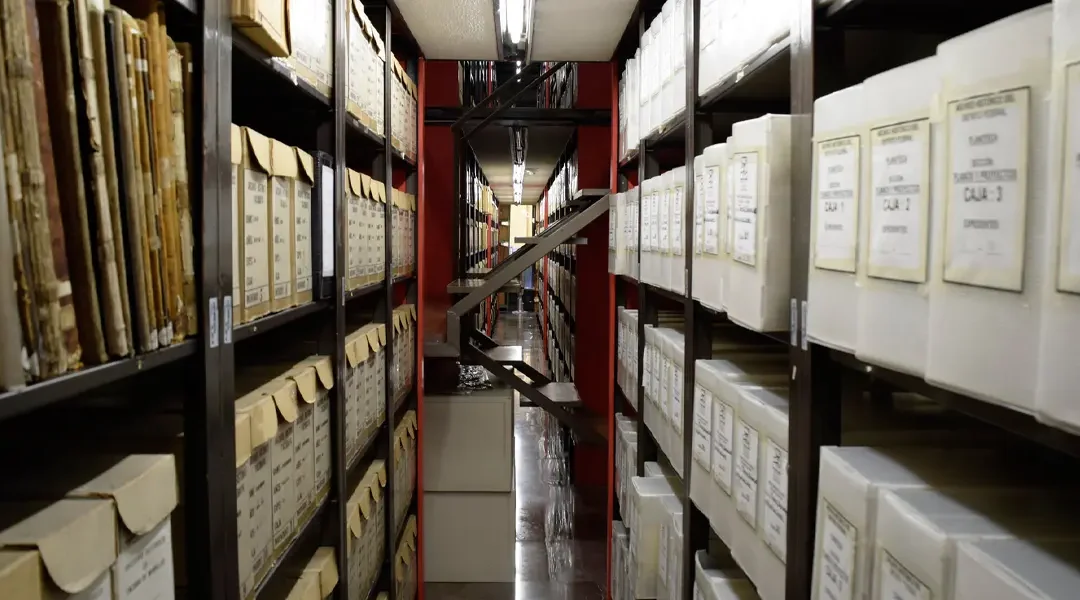
Archivists are influential agents shaping organizational culture and safeguarding institutional memory.
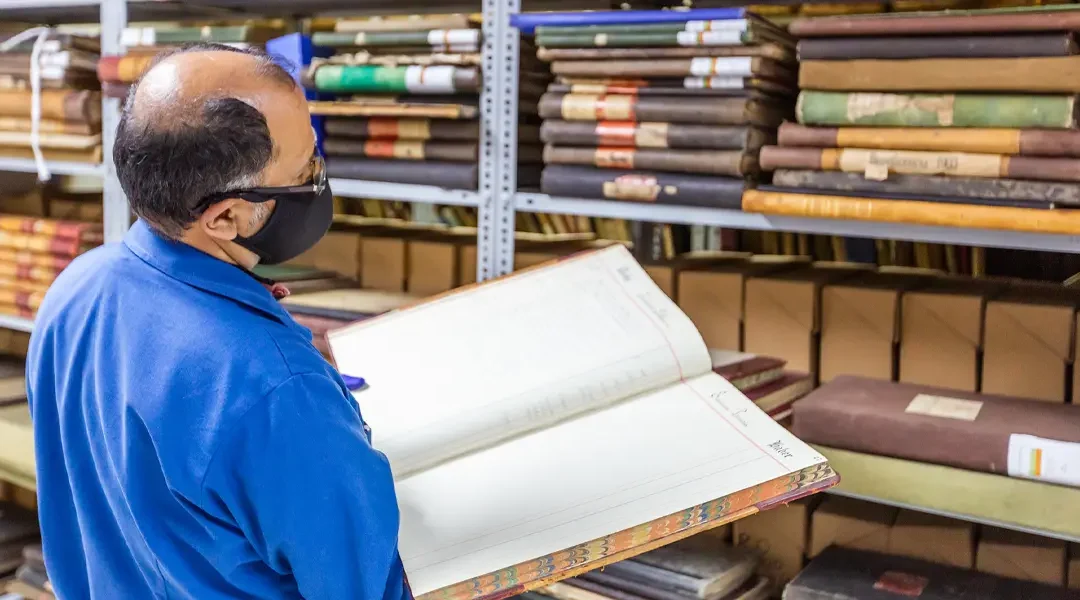
Archivist’s advocacy strategies serve as bridges between tradition and innovation, securing the future relevance of archival programs.